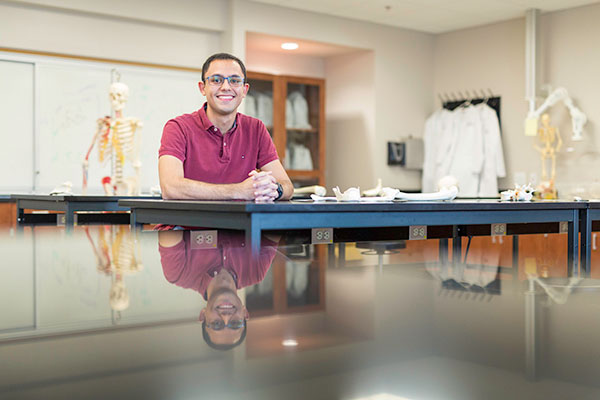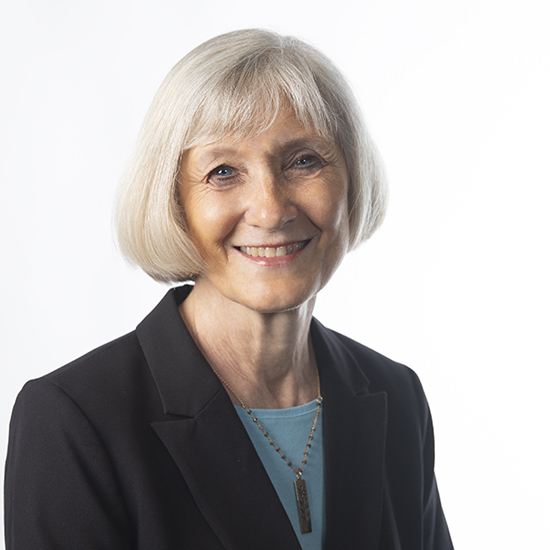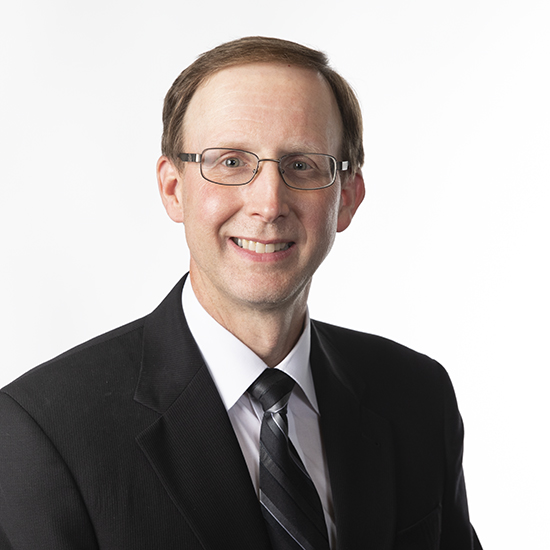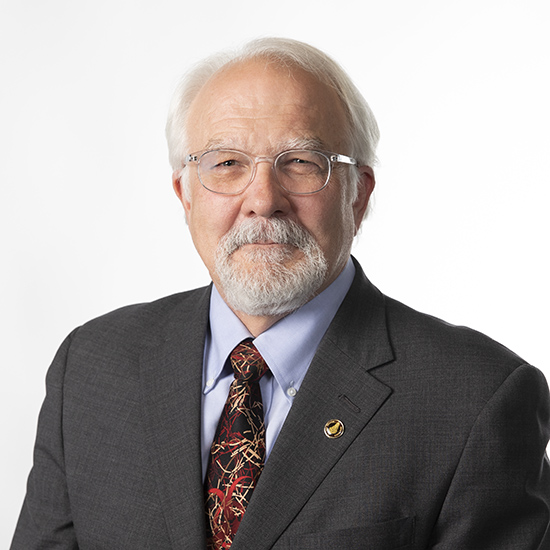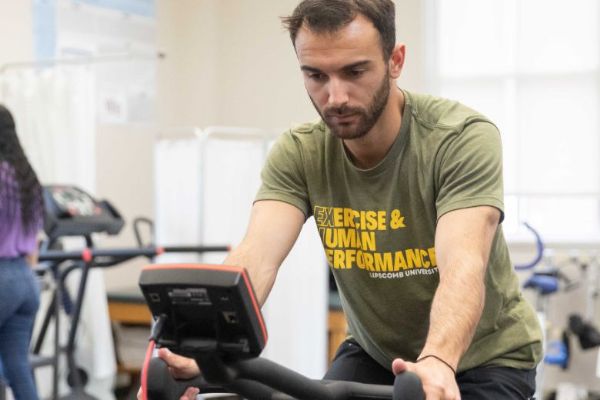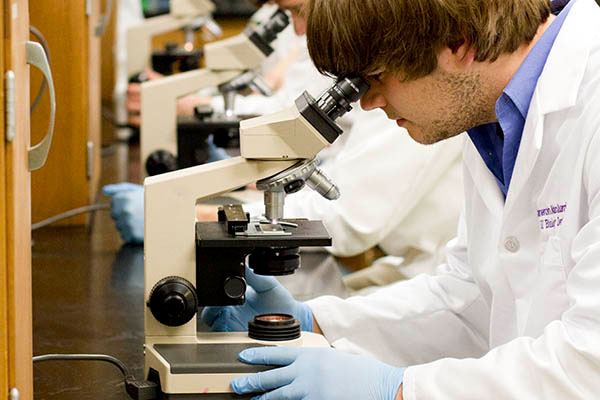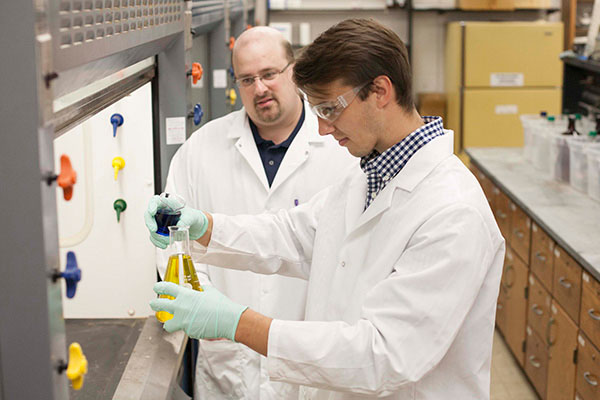Program Overview
For those searching for a versatile, career in health care, there are many good reasons to consider becoming a physician assistant (PA), one of America's fastest-growing health care professions. Physician assistants have become increasingly important health care team members in the past few decades. Equipped with a Lipscomb foundation, you will be prepared to complete a professional PA program, so that after approximately two graduate years, you will be qualified to begin diagnosing diseases, creating treatment plans, prescribing medications and providing other health care services for a wide variety of patients. Should you have the interest and opportunity to engage in clinical research, your training here can also prepare you for that option.
Our experienced faculty will provide best-practice pedagogy and up-to-date knowledge of the prerequisite content essential to the preparation of successful pre-PA students. You also will have free access to the expert advising, guidance, information resources and scholarship opportunities of the Health Professions Advisory Committee (HPAC). In addition to helping you find relevant experiences to inform your understanding of the profession, we will guide you through an accurate self-assessment, hone your interview skills and write your letter of evaluation.
You’ll have access to state-of-the-art research facilities and labs, giving you an inside look into what a physician assistant program entails. And eventually, you will have the freedom to utilize your training in all areas of medicine including primary care, surgical procedures, emergency medicine and more. That journey begins here.
Courses
Our office can assist you in determining which courses you need to satisfy professional school requirements. Looking at the website for the professional program you're interested in is also helpful in learning more about the additional courses or requirements of the program.
Course requirements can vary from one health professional program to another. Generally, these are the courses required by most PA schools:
General Biology: Eight semester hours with labs
General Chemistry: Eight semester hours with labs
Organic Chemistry: Eight semester hours with labs
Physics: Four to six semester hours with lab(s)
General Psychology: Three semester hours
Developmental Psychology: Three semester hours
Medical Terminology: One semester hour
Human Anatomy & Physiology: Eight semester hours
Microbiology: Four semester hours
Math: Usually through Calculus I
English: Six semester hours
Our Faculty
No matter what major you choose, we are ready to advise you on your path to becoming a physician assistant.
Career Paths
Physician Assistants
Physician assistants, also known as PAs, practice medicine on teams with physicians, surgeons, and other healthcare workers. They examine, diagnose, and treat patients.
Medical Transcriptionists
Medical transcriptionists, sometimes referred to as healthcare documentation specialists, listen to voice recordings that physicians and other healthcare workers make and convert them into written reports. They also may review and edit medical documents created using speech recognition technology. Transcriptionists interpret medical terminology and abbreviations in preparing patients’ medical histories, discharge summaries, and other documents.
Diagnostic Medical Sonographers and Cardiovascular Technologists and Technicians, Including Vascular Technologists
Diagnostic medical sonographers and cardiovascular technologists and technicians, including vascular technologists, also called diagnostic imaging workers, operate special imaging equipment to create images or to conduct tests. The images and test results help physicians assess and diagnose medical conditions.
